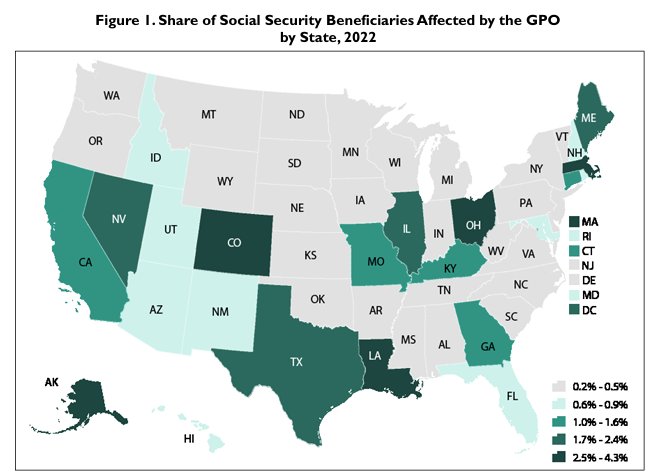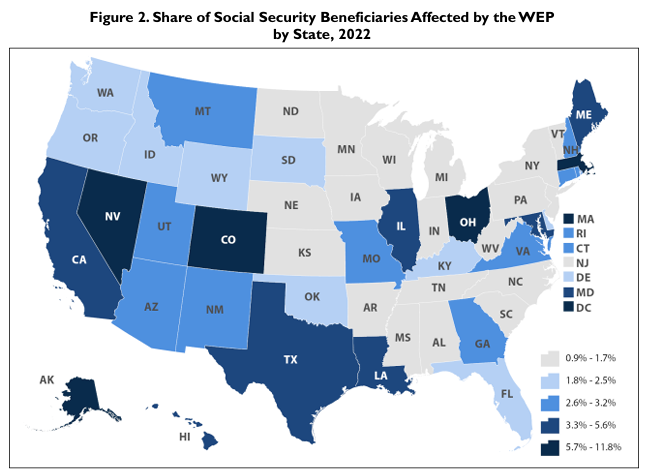Economist Mancur Olson once observed, “Where small groups with common interests are concerned, then, there is a systematic tendency for ‘exploitation’ of the great by the small!”
Olson’s observation was originally applied to the provision of public goods. But his logic can explain other government spending as well. When small groups organize to obtain a benefit for themselves that is paid for by everyone else, they have a huge incentive to take determined action (“call your congressman”) because they expect the benefit to exceed the cost of their lobbying efforts.
Conversely, the general public is often unaware of these lobbying efforts and they have no incentive to take action because any benefit derived from their opposition – such as avoiding higher interest payments on the national debt – would be broadly dispersed among the entire population. Thus, small groups often obtain benefits for themselves at the expense of others.
There is no better example of Olson’s logic of collective action than the Social Security Fairness Act, which passed the House in November, and will likely pass the Senate in December, perhaps this week. This bill would provide roughly four percent of Social Security beneficiaries, who primarily reside in about a dozen states, with additional benefits at a cost of $196 billion over 10 years, plus an extra $37 billion in interest payments on the national debt.
The figures below show the distribution of these beneficiaries.


Most Americans object to such “special interest politics.” So why would Congress be willing to give so much to so few? The answer is two-fold.
First, the intended beneficiaries are primarily police, firefighters, and teachers who account for the majority of state and local government workers. Second, the two provisions of current law that would be repealed (GPO and WEP) are not widely understood by Congress or the public. Thus, when the intended beneficiaries are viewed with sympathy and their cause appears to be just, the results are predictable. They will get what they want, despite the cost to everyone else.
Numerous groups from the political left, right, and center (see links below) have pointed out that repealing the GPO and WEP would provide an undue windfall to a small group of beneficiaries who spent most of their career in jobs that were not covered by Social Security.
But the logic of collective action suggests that nearly three million beneficiaries will soon receive (on average) an additional benefit of more than $6,500 per year for the rest of their lives. For the rest of America, the amount of federal debt held by the public will rise, along with future interest payments, but it won’t be obvious to them how much it cost or who’s to blame.
* * *
2) American Enterprise Institute
6) Center for Retirement Research (Boston College)
7) Center on Budget and Policy Priorities
9) Committee for a Responsible Federal Budget
10) Committee to Unleash Prosperity
14) Mercatus Center
17) Progressive Policy Institute
18) Reason Magazine
19) Urban Institute




